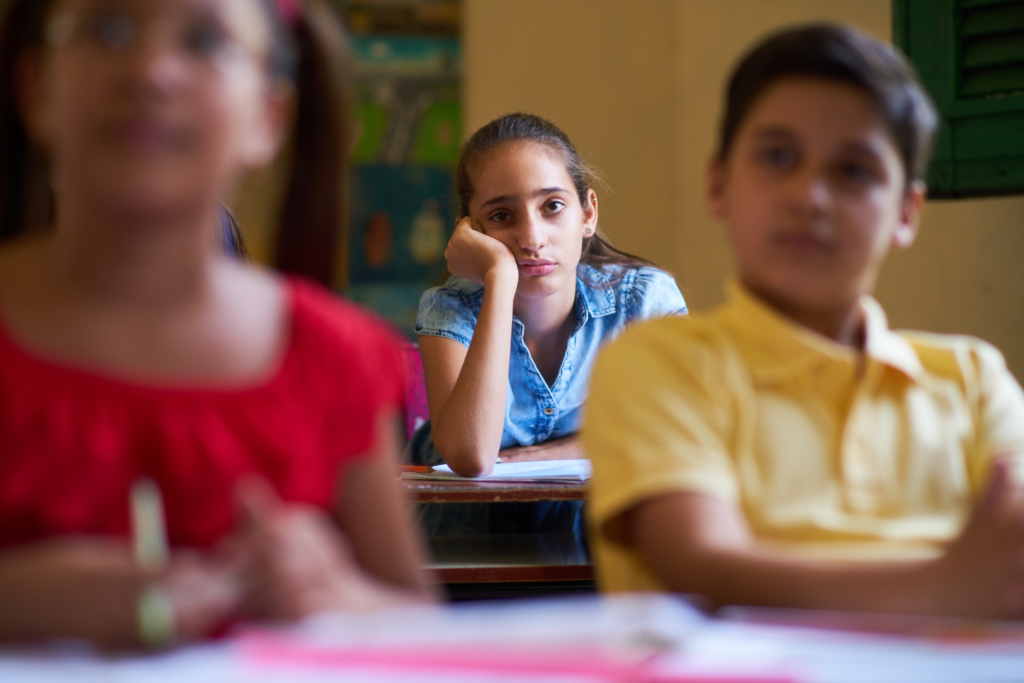
Anxiety among children is a common experience, and the back-to-school period can often exacerbate these feelings. Whether due to changes in routine, social interactions, or the uncertainties brought about by the pandemic, children may struggle with anxiety as they return to school. As a parent, you can take steps to support your child’s mental well-being during this time:
1. Look for General Symptoms of Anxiety:
Engage your child in conversations about their feelings regarding going back to school. Watch out for physical symptoms like headaches and stomachaches, sleeping difficulties, excessive worry, irritability, trouble focusing, and concerns that persist even after logical explanations. These could be indications of anxiety.
2. Encourage Anxiety-Reducing Activities:
Encourage your child to engage in outdoor play, spend time with friends, and participate in unstructured activities. Playing in an unstructured manner can help children work through their feelings and reduce anxiety.
3. Limit Screen Time:
Researchers have found a link between excessive digital device use and anxiety. Limit your child’s screen time, especially on social media apps, which can contribute to increased anxiety rates.
4. Focus on Family Activities:
Family bonding can provide emotional support and serve as an anchor for children during challenging times. Engage in activities like walks, hikes, family dinners, or board games to create a sense of connection and security.
5. Embrace Distraction:
While distraction isn’t a solution to anxiety, it can help alleviate its intensity and provide clearer thinking. Encourage your child to engage in activities like watching TV or reading a funny book when they’re feeling particularly anxious.
6. Seek Professional Help When Needed:
If your child’s anxiety is significantly impacting their sleep, eating, socializing, or school attendance, and it persists for more than a few days, consider reaching out to a pediatrician or family doctor. Medical professionals who work with children can provide appropriate guidance and support.
Remember: Every child is unique, and their anxiety levels may vary. Providing a supportive environment, open communication, and understanding can go a long way in helping your child navigate back-to-school anxiety and start the school year positively.





